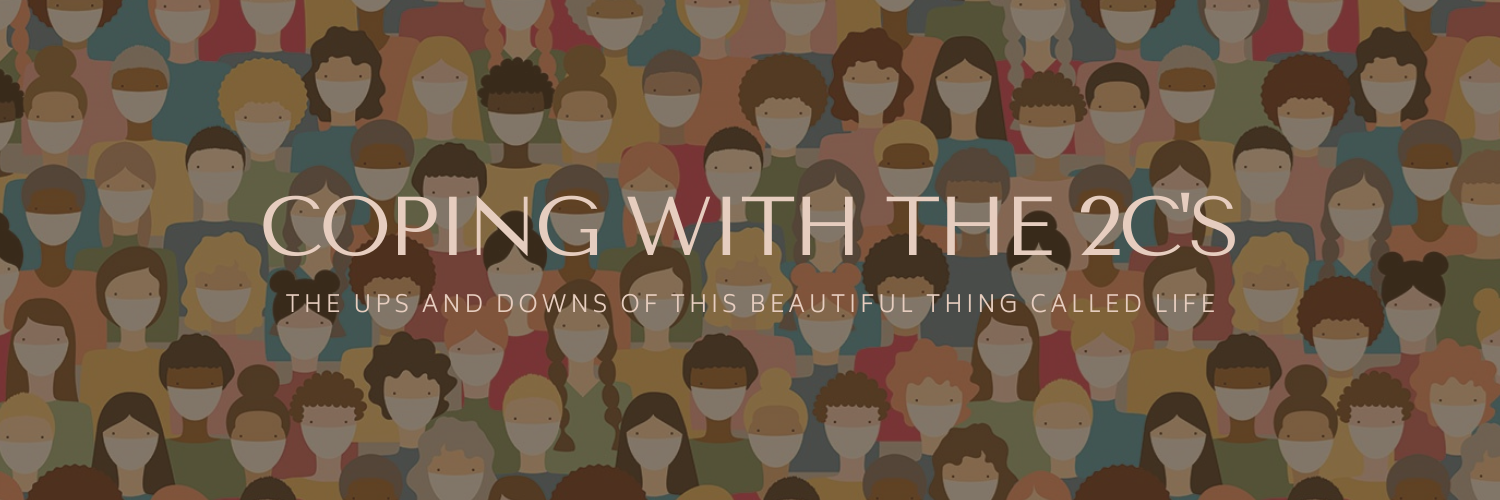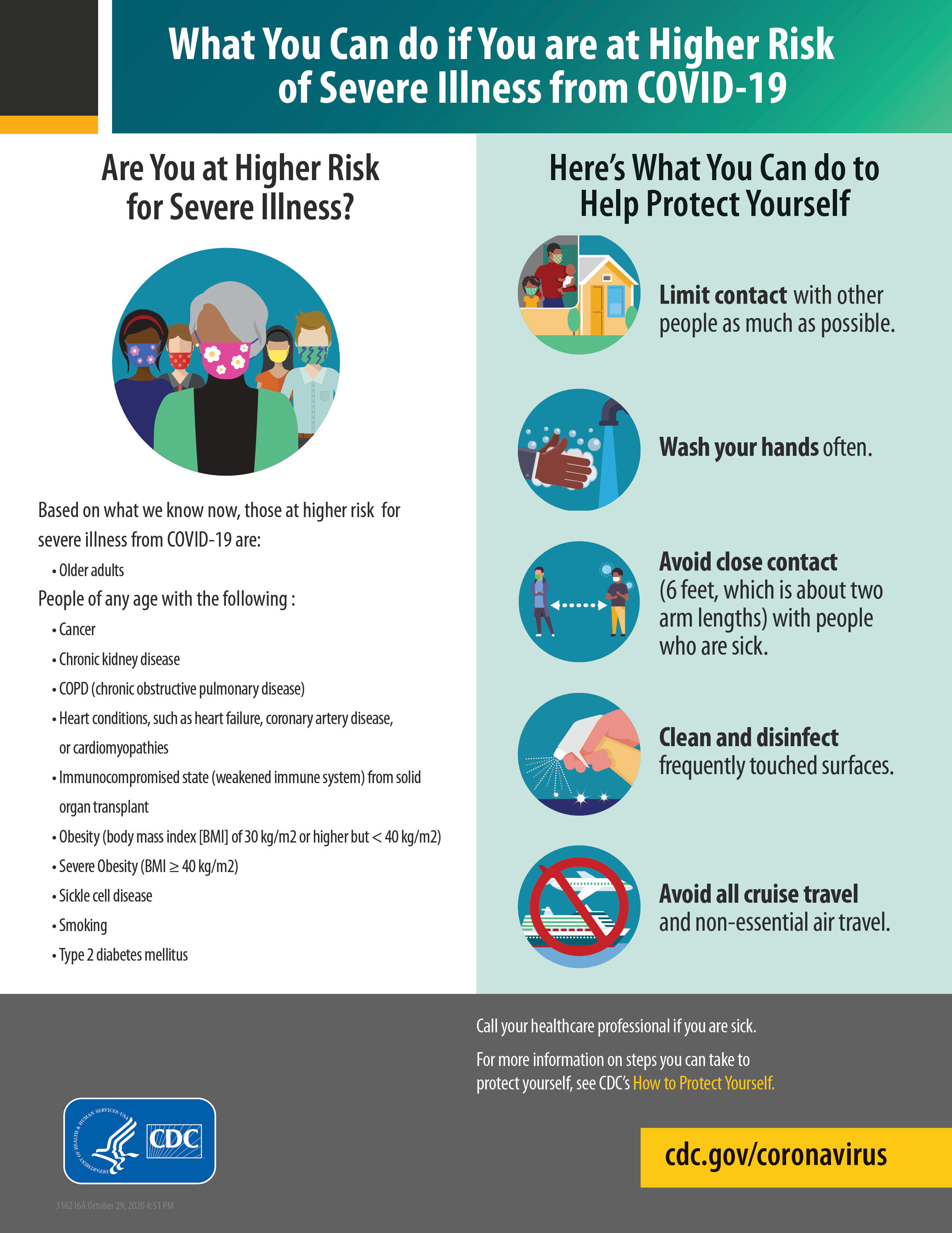Welcome!
Welcome to the new CancerGRACE.org! Explore our fresh look and improved features—take a quick tour to see what’s new.

Dear Reader,
Firstly Congratulations! Congratulations that you made it through the most unexpected and challenging year in recent history.
Chances are that if you are reading this, you are acquainted with cancer or someone with cancer or an advocate of promoting best health care services or maybe just curious to know more about it. But I am sure, irrespective of our culture, education, gender or for that matter any other point of difference, all of us will agree that Cancer as a term has accumulated a lot of notoriety, especially when it is pronounced as a diagnosis. And interestingly, a similar connotation is attached to having contracted COVID-19, a virus that brought the whole world to a standstill, forced us to freeze where we were, and just caused a huge upheaval in all of our lives.
The world was not prepared to deal with the spread of COVID-19 and still struggles to find direction that may absolve the world of the virus. COVID-19 brought immense uncertainty in our lives and riddled us with the persistent question of “What happens next?”, a question we also often ask ourselves when we are dealing with cancer. If you think of it from a bigger picture, the journey in both these “fights” is the same.  The first signs of both these conditions seem harmless, and could be just daily fluctuations that one must not pay heed to. When any of these conditions start to show symptoms, we may find ourselves confused and shocked with the suddenness of their emergence that start to cripple our daily life. Their ripples are felt near and far as they disrupt our personal and social lives, isolating us from the rest of the world, leading us to feel lonely, and deepen the experience of traumatic emotions we are feeling at the time. The part where one is diagnosed with either of the conditions does feel like the end of the world. We may feel “classified into a box” “labeled” with something that singles us out, and most of all, agony over the recurring questions of “Why me?”, “Why my family?”, “But I took all the precautions.” Questions like these cloud our thinking, leaving us probably feeling helpless and hopeless about what the future holds. And the most tiring period of it all is to actually fight the unseen, the unknown and not knowing if your fight is actually holding up and worse: if it’s worth it or not.
The first signs of both these conditions seem harmless, and could be just daily fluctuations that one must not pay heed to. When any of these conditions start to show symptoms, we may find ourselves confused and shocked with the suddenness of their emergence that start to cripple our daily life. Their ripples are felt near and far as they disrupt our personal and social lives, isolating us from the rest of the world, leading us to feel lonely, and deepen the experience of traumatic emotions we are feeling at the time. The part where one is diagnosed with either of the conditions does feel like the end of the world. We may feel “classified into a box” “labeled” with something that singles us out, and most of all, agony over the recurring questions of “Why me?”, “Why my family?”, “But I took all the precautions.” Questions like these cloud our thinking, leaving us probably feeling helpless and hopeless about what the future holds. And the most tiring period of it all is to actually fight the unseen, the unknown and not knowing if your fight is actually holding up and worse: if it’s worth it or not.
During this time, we may be surrounded with our loved ones, yet find the journey to getting healthy again, an extremely lonesome one. Depending on what part of the world you live in, unfortunately there is a certain level of the stigma attached to contracting COVID-19 where we begin blaming the individual for being reckless and not careful enough in taking appropriate precautions. Surviving COVID-19 has its challenges as well, physical and societal. We may start hiding our previous health status fearing ostracization from our peers and the society, so much so that we live each day in fear of others and what they might think. And unfortunately, COVID-19 can occasionally be so gruesome in its nature that even in death a person may not find solace of his/ her loved ones where the loved ones are stripped of the right to the final goodbye, the last glance. Thus, leaving the grieving family members with a lifelong ache. The diagnosis of cancer or COVID-19 can be equally brutal for the caregivers who may find themselves in a constant state of helplessness despite their best efforts to be there for their loved ones. A lot of caregivers also report anger, frustration over their inability to lessen the pain of their loved ones.
So I am sure we understand that being acquainted with COVID-19 or cancer is similar in a lot of ways. And hence we need to know of the best ways to deal with both the scenarios to come out stronger out of them.
And all of you who are reading this have already survived the year, but by learning how to maximize our resources, we can probably “live” and not just “survive” through it.
1. Try to have a fixed routine
As common this advice may seem, it is actually a very important step in coping with the situation, for a routine provides a structure to our day. Most of us have spent our time indoors and it might be getting difficult to differentiate a weekday from a weekend, because our days may be unplanned or unorganized. Hence a simple schedule consisting of basic chores helps regain control over our lives. This feeling of at least partial control is very satiating in otherwise a situation of feeling helpless.
2. Focus on controlling things that you can
It can never be in our control when it will rain, but it is always in our control if we want to get wet in the rain or enjoy it under an umbrella. If we try to control when and how much it rains, we shall never be able to enjoy the “now”. Similarly in the current scenario, focusing on taking steps that help keep oneself safe is important, rather than trying to control every outcome.
3. Try to connect different dots of your life
With the current situation most of us find ourselves either with our friends and family or just by ourselves. In both situations finding time to collectively do something, either in person or virtually provides the much needed support and helps shift focus on other relevant aspects of life.
4. Say no to TMI!!!- Too much information
There’s a reason why the old adage of “Moderation is key” is our mother’s favorite. Overloading ourselves with information can lead to increased feelings of worry and anxiety, leading to a disturbed mental state. With an excess of misinformation being circulated, we must limit our intake to one or a few credible sources, and try and also fix intervals where we access information so as not to go overboard. Seek help from your primary cancer doctor or your primary care doctor before overloading yourself with information from Dr. Google!
5. Healthy mind resides in a healthy body
While we do not have control over what happens around us, we do sure have control over what we put into our body. Reports suggest that consumption of deep fried, starchy and fast food rapidly increased during the pandemic, however unfortunately calorie dense foods may make us feel sluggish and may contribute to an unhealthy lifestyle. So eating right is definitely an important step to take. Sleeping adequately and at the natural sleeping time heavily contributes to an improved state of wellbeing. While physical activity is recommended to boost our physical and mental health it may not be possible for some of us to have a grueling session everyday. However it is important to engage in some movement throughout the day, no matter how small to wade off the stagnancy. 6. Find your own “ me” time
6. Find your own “ me” time
In these times as caregivers, as the affected or the unaffected we may get swayed by the dictum of the outside world, or get into care giving for others. While it may feel rewarding, in the longer run one may experience burnout. And hence, one must find some time that they reserve just for themselves, it can include anything that makes you feel rejuvenated and does not necessarily have to be productive. Time wasted enjoying is never wasted.
7. Build and provide support
The current pandemic affects all of us; we are all in it together, probably the only thing that unifies people around the globe. And to share it with so many people can be a source of support because they are also probably going through similar feelings and struggles. And to be able to provide support actually gives us another buddy to add in our social support system. So it’s a win win. Eh?
8. Acknowledge and accept our feelings
Our emotions and feelings are on a roller coaster ride, sometimes experiencing the highs of hope, while sometimes we may feel jolts of despondence and anger. But they are emotions at the end of the day, which need to be acknowledged, accepted, felt and worked through. We are allowed to be sad, upset and hopeless or even angry. All emotions are healthy as they help us understand a little more about our own self.
To sum it up, all of you should be proud to wager on in these unprecedented times, and I hope with the few suggestions mentioned above, you find it easier to deal with the ups and downs of this beautiful thing called life.
*Sharika Amin is a licensed Clinical Psychologist working in Kashmir with Doctors Without Borders.
Sharika received her MPhil in Clinical Psychology at Dr. Ram Manohar Lohia Hospital (PGIMER) and Masters in Clinical Counseling and Applied Psychology at Delhi University. We thank Sharika for volunteering and helping the GRACE community!
Please feel free to offer comments and raise questions in our
discussion forums.
Dr. Singhi's reprise on appropriate treatment, "Right patient, right time, right team".
While Dr. Ryckman described radiation oncology as "the perfect blend of nerd skills and empathy".
I hope any...
My understanding of ADCs is very basic. I plan to study Dr. Rous’ discussion to broaden that understanding.

An antibody–drug conjugate (ADC) works a bit like a Trojan horse. It has three main components:
Bispecifics, or bispecific antibodies, are advanced immunotherapy drugs engineered to have two binding sites, allowing them to latch onto two different targets simultaneously, like a cancer cell and a T-cell, effectively...
The prefix “oligo–” means few. Oligometastatic (at diagnosis) Oligoprogression (during treatment)
There will be a discussion, “Studies in Oligometastatic NSCLC: Current Data and Definitions,” which will focus on what we...
Radiation therapy is primarily a localized treatment, meaning it precisely targets a specific tumor or area of the body, unlike systemic treatments (like chemotherapy) that affect the whole body.
The...

Welcome to the new CancerGRACE.org! Explore our fresh look and improved features—take a quick tour to see what’s new.
A Brief Tornado. I love the analogy Dr. Antonoff gave us to describe her presentation. I felt it earlier too and am looking forward to going back for deeper dive.